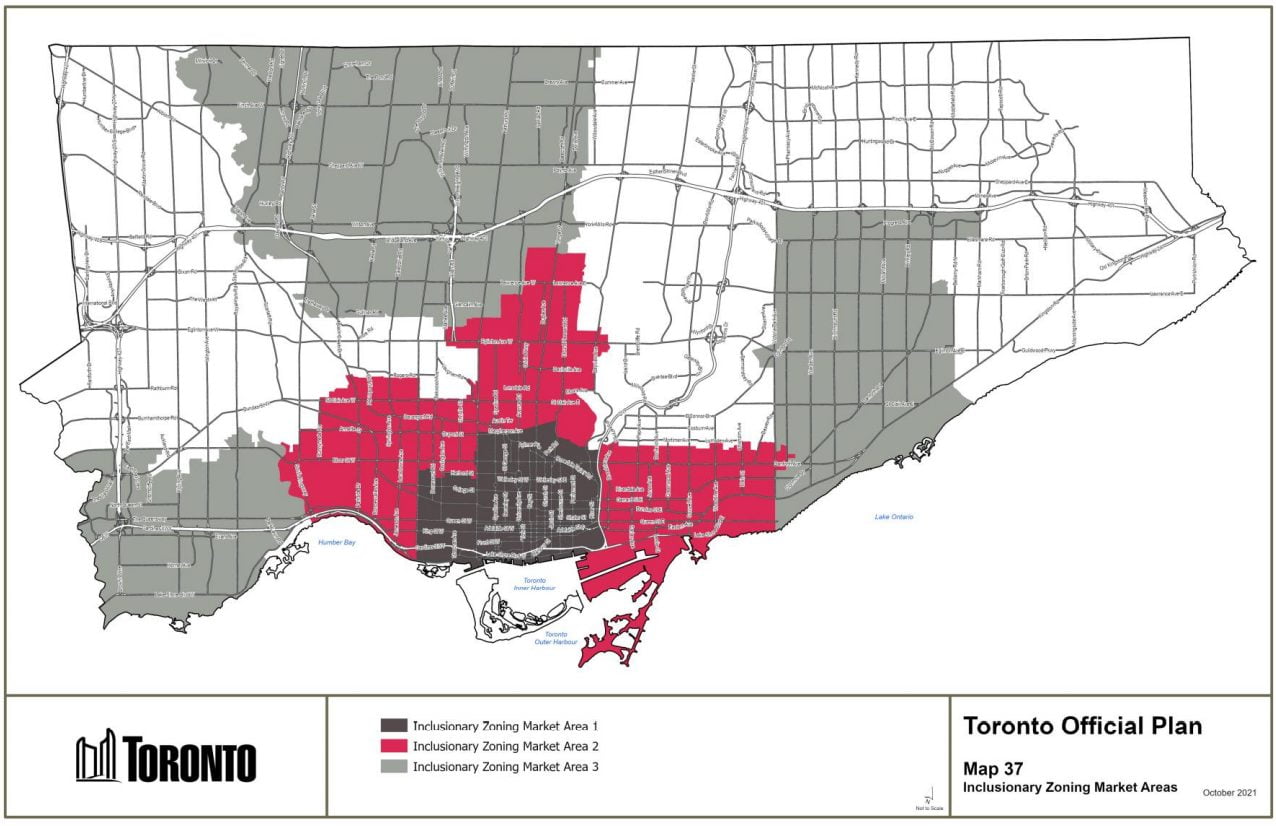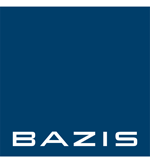
In November 2021, Toronto City Council adopted a new Inclusionary Zoning policy framework. The City of Toronto is the first city in Ontario to implement inclusionary zoning, which will ensure that more affordable housing is built across the city.
In the last five years, only 2% of housing that has been built or approved in Toronto has been affordable. The areas in Toronto with the largest amount of new housing are also experiencing substantial price escalation to the point where many Torontonians are struggling with housing affordability.
Inclusionary zoning is a tool to ensure that major Toronto neighbourhoods provide housing options that are suitable for a wide range of households and incomes. In the City’s policy, ownership prices will be centred on new income-based definitions of affordable housing, targeting households earning too much for social housing but not enough to afford market prices. These low- to moderate-income households fall in the 30-60 percentile of income distribution. This includes households earning $32,000-$92,000 per year, depending on household size.
Toronto City Council approved an Inclusionary Zoning Official Plan amendment, a Zoning Bylaw amendment and draft Implementation Guidelines, which will make it compulsory for some new developments around Protected Major Transit Stations Areas (PMTSAs) – for example, the TTC – to include affordable rental and ownership housing units beginning on September 18, 2022.
Inclusionary Zoning will secure 5-10% of certain condominium developments (the development must have at least 100 units, and have over 8,000 sq. ft. of residential gross floor area to qualify) as affordable housing, increasing gradually to 8-22% by 2030. The amount of affordable housing will vary depending on where the development is located in the city and whether the units are intended for ownership or rental. The highest requirements for affordable housing will be in the Downtown Toronto area, followed by Midtown and Scarborough Centre.
The City has established three Inclusionary Zoning Market Areas (as pictured below). These areas have the highest amount of new housing supply with significant price escalation where the City has determined that its inclusionary zoning requirements should not affect overall development viability. The three areas are subject to different inclusionary zoning requirements based on their individual market conditions.

Image: City of Toronto By-Law 940-2021
The requirement for future condominium developments is broken down as follows:

Image: Aird Berlis
Toronto’s Inclusionary Zoning framework ensures affordability is maintained for 99 years, and that the by-law requirements be incorporated on a steady basis. The policy will be closely examined and reviewed after one year to allow for any changes that may be required to ensure market stability and the continued production of affordable housing units.
The resulting Inclusionary Zoning framework will help the City of Toronto reach the HousingTO Action Plan target of approving 4,000 new affordable ownership homes and 40,000 affordable rental homes by the year 2030.
Do you have any questions about inclusionary zoning in the City of Toronto? Connect with BAZIS on social media (Facebook, Twitter or Instagram) and let us know!
BAZIS is a Toronto real estate development company specialized in new construction condos for sale and pre-construction condos in Downtown Toronto. We are committed to excellence in every facet of the commercial and residential real estate development process. Combining visionary architecture, design, marketing and construction with the epitome of corporate integrity and environmental responsibility, BAZIS has become a major force in articulating Toronto’s ever-evolving skyline.
